 In the latest issue of the Journal of Manmohan Memorial Institute of Health Sciences appeared two articles focusing on the ERASMUS+ programme. This new issue of the journal was published earlier this month, it is an Open Access journal hence its articles can be read free of charged. Unfortunately, due the UK leaving the European Union (EU), ERASMUS+ has just come to an end this summer for universities in the UK.
In the latest issue of the Journal of Manmohan Memorial Institute of Health Sciences appeared two articles focusing on the ERASMUS+ programme. This new issue of the journal was published earlier this month, it is an Open Access journal hence its articles can be read free of charged. Unfortunately, due the UK leaving the European Union (EU), ERASMUS+ has just come to an end this summer for universities in the UK.
The first article is an editorial that outlines the benefits of the staff and student exchange between Manmohan Memorial Institute of Health Sciences (MMIHS) in Nepal and Bournemouth University [1]. The paper concludes that the world is rapidly becoming a smaller place with globalisation occurring everywhere. The process of internationalising higher education institutions through partnerships like ours, brings benefits to both MMIHS and BU and to both staff and students. For the latter, it offers new ideas, alternative ways of thinking, insights in the other people’s value systems and cultures, etc. It equips students and staff with knowledge, skills and dispositions to work in culturally diverse and international contexts, providing them with a wider diversity of knowledge and greater understanding of global issues and challenges. In short, the partnership offers many opportunities to gain new experiences, explore new sources and perspectives, and improve their cross-cultural capabilities and, ultimately, their employability.
Secondly, there is an article co-authored by the seven MMIHS students, who came to BU in late 2022-early 2023, highlighting what they had learnt from one of the modules they attended [2]. This paper has as it central feature involving patients and the general public in all aspects of research, which was very much a new idea for these seven MSc students from Nepal.

Prof. Edwin van Teijlingen
Centre for Midwifery & Women’s Health (CMWH)
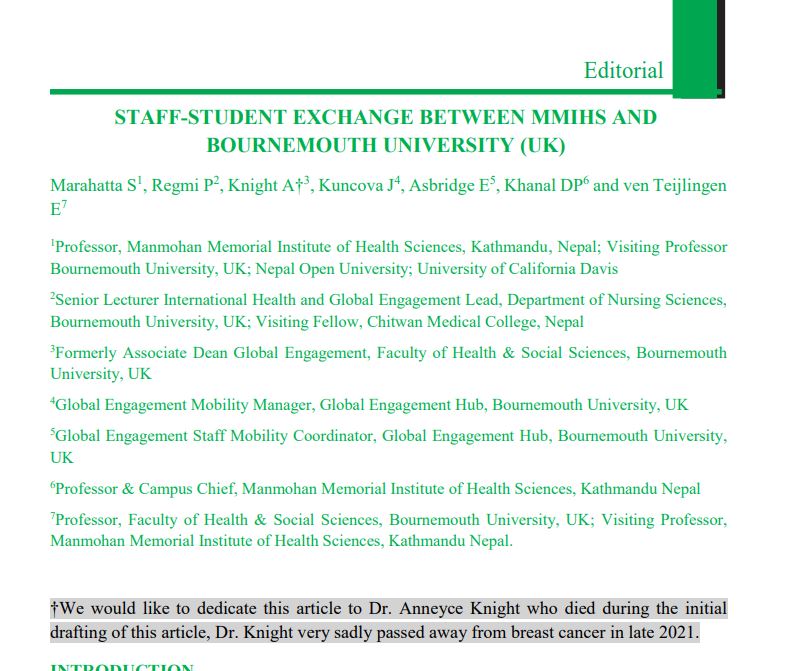
References:
- Marahatta, S., Regmi, P., Knight, A., Kuncova, J., Asbridge, E., Khanal, D., van Teijlingen, E. (2023) Staff-Student Exchange between MMIHS and Bournemouth University (UK). Journal of Manmohan Memorial Institute of Health Sciences, 8(1): 1–5. https://doi.org/10.3126/jmmihs.v8i1.57265
- Khatiwada, S., Gautam, P., Koju, A., Niraula, B., Khanal, G., Sitaula, A., Lamichhane, J., Regmi, P., van Teijlingen, E. (2023) Patient and Public Engagement in Health Research: Learning from UK Ideas. Journal of Manmohan Memorial Institute of Health Sciences, 8(1): 28–35. https://doi.org/10.3126/jmmihs.v8i1.57268







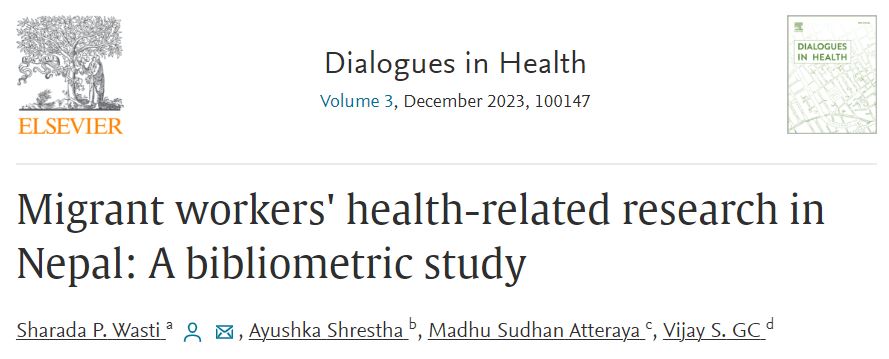
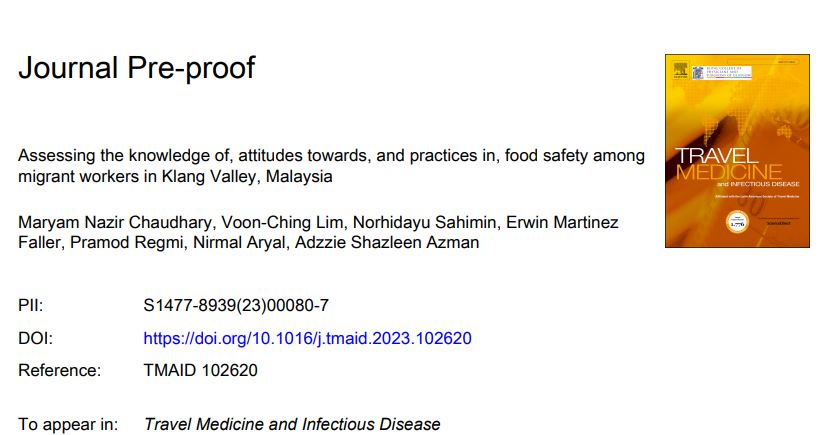
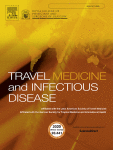
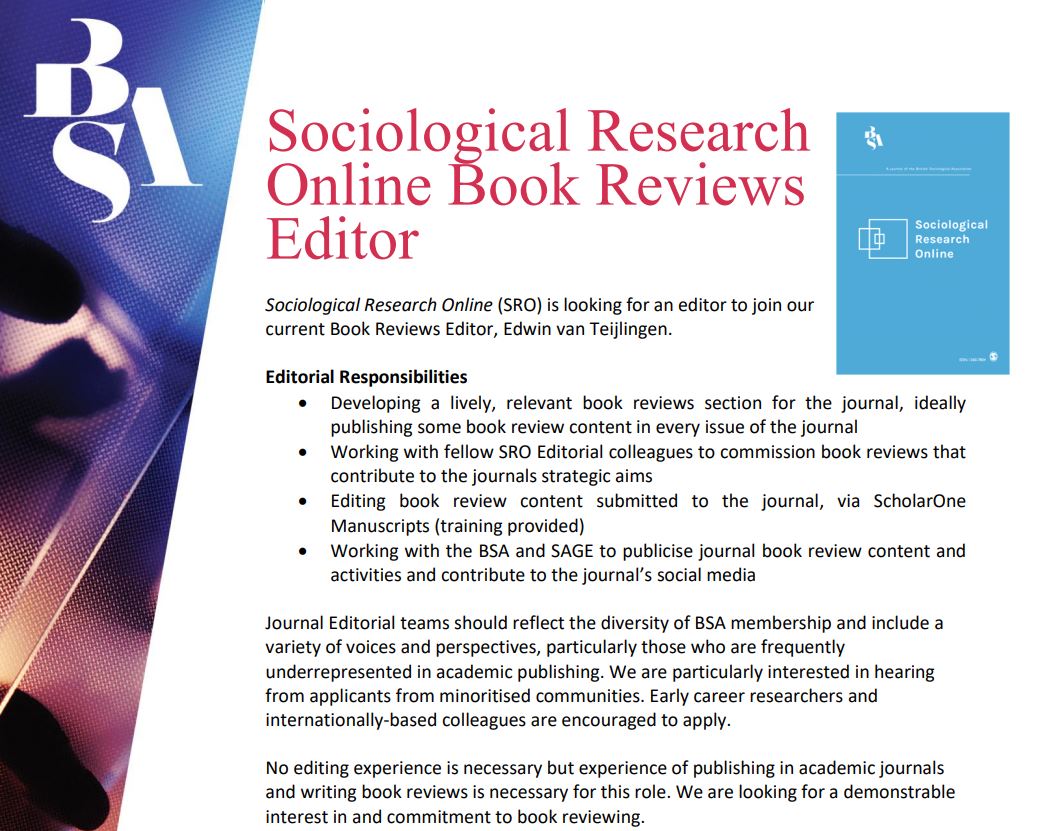
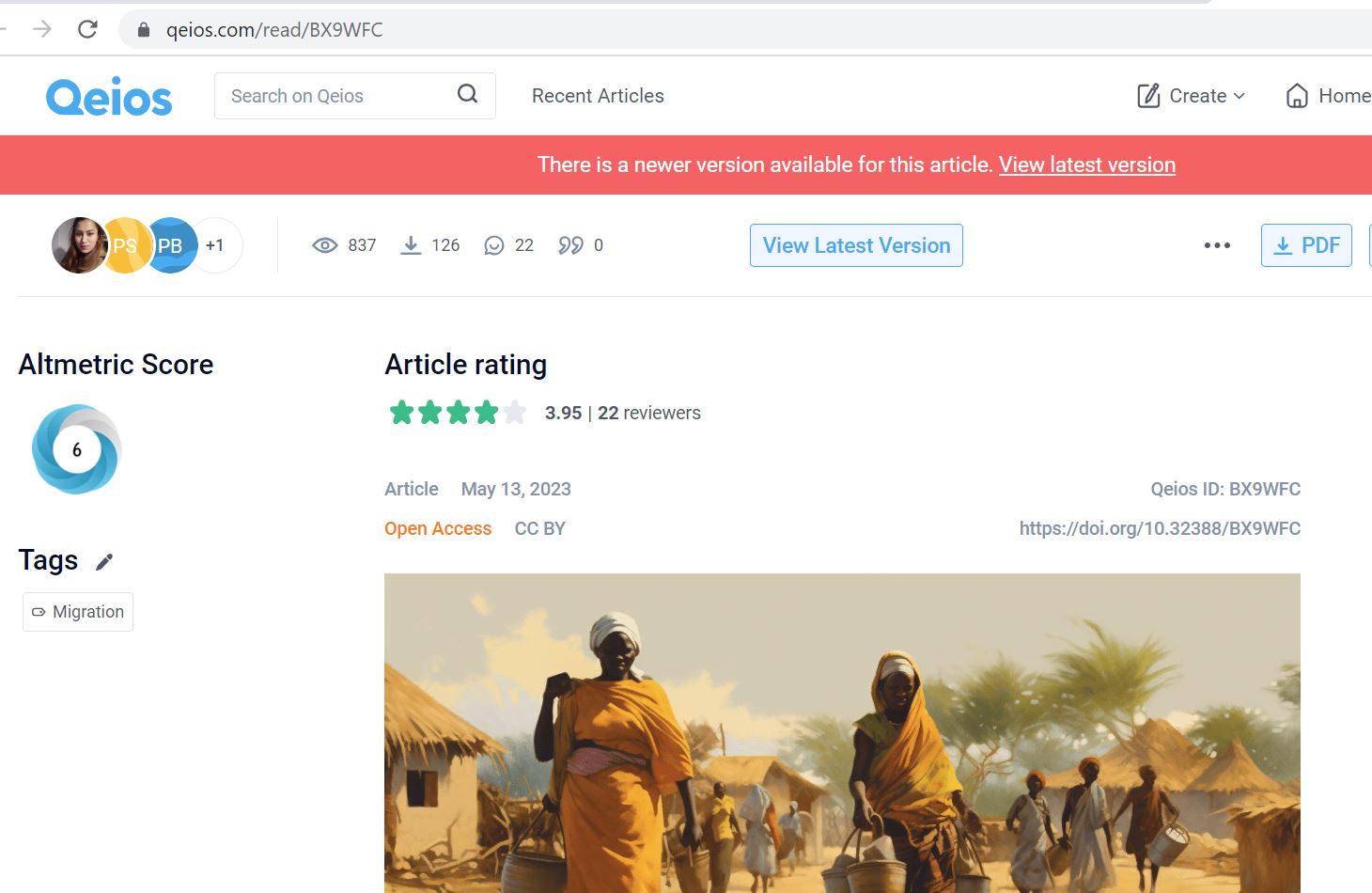
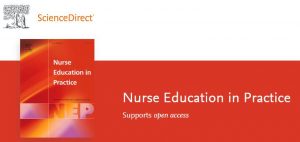
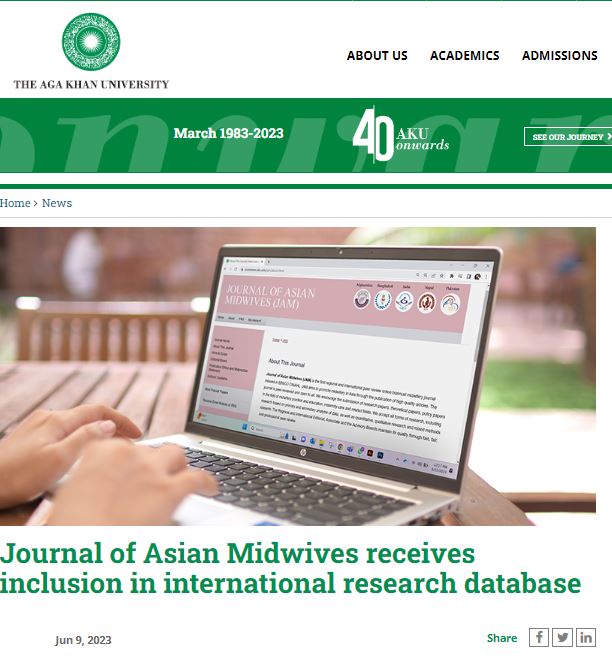



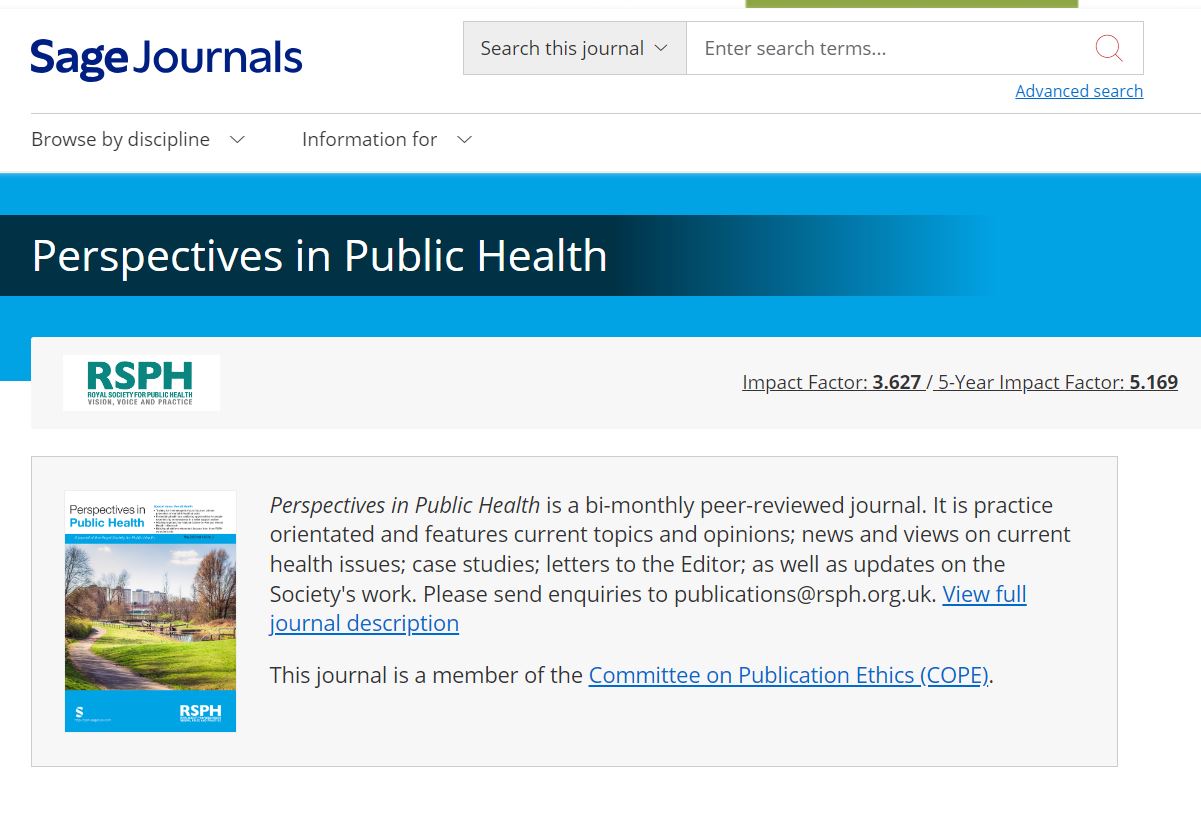
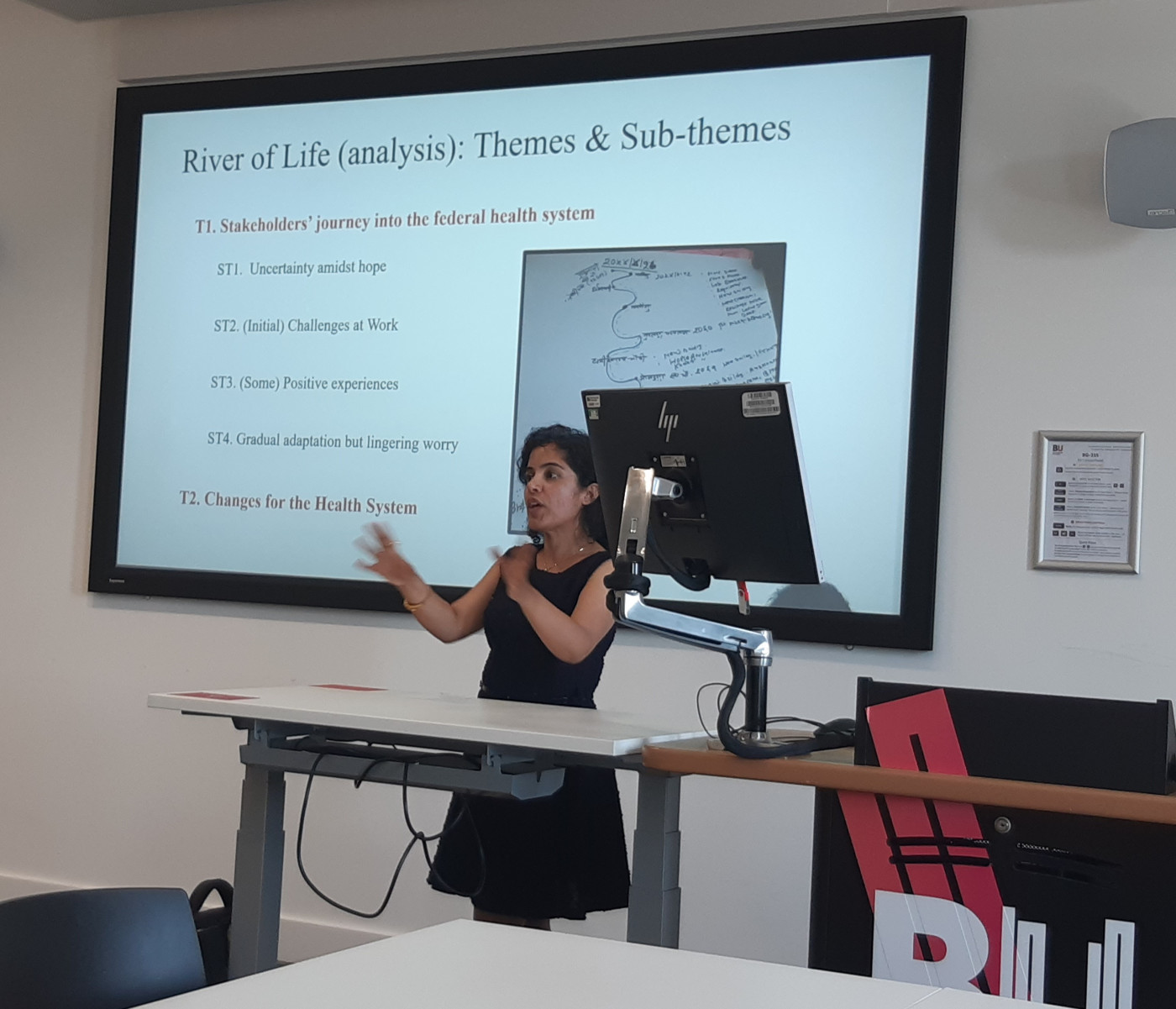

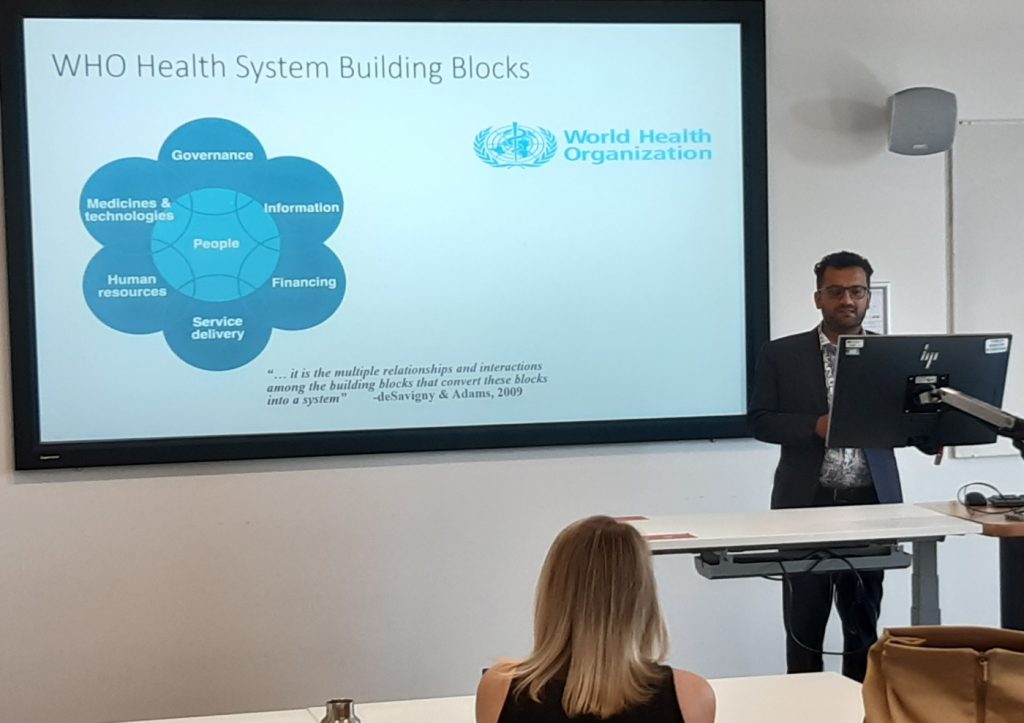
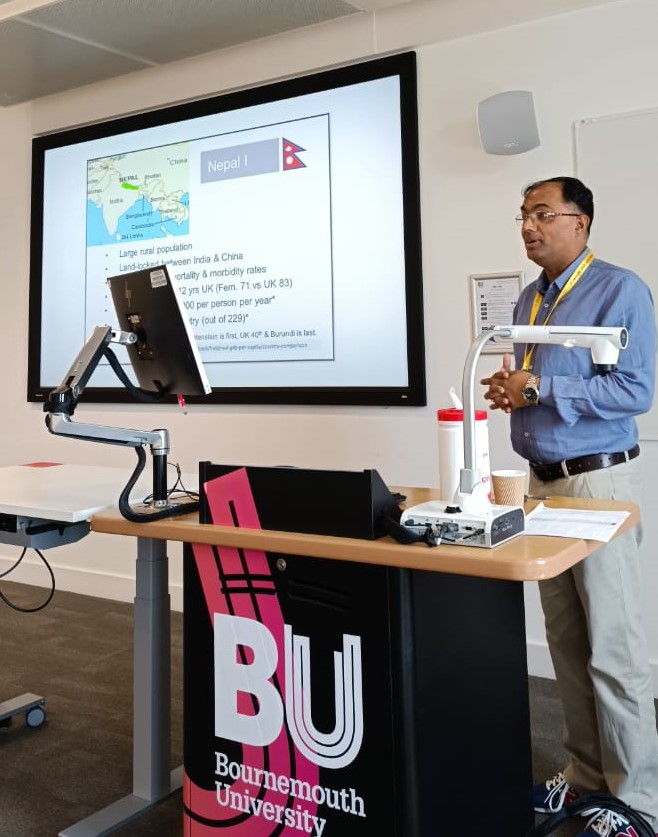
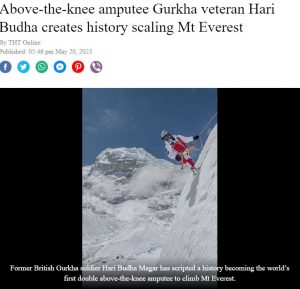

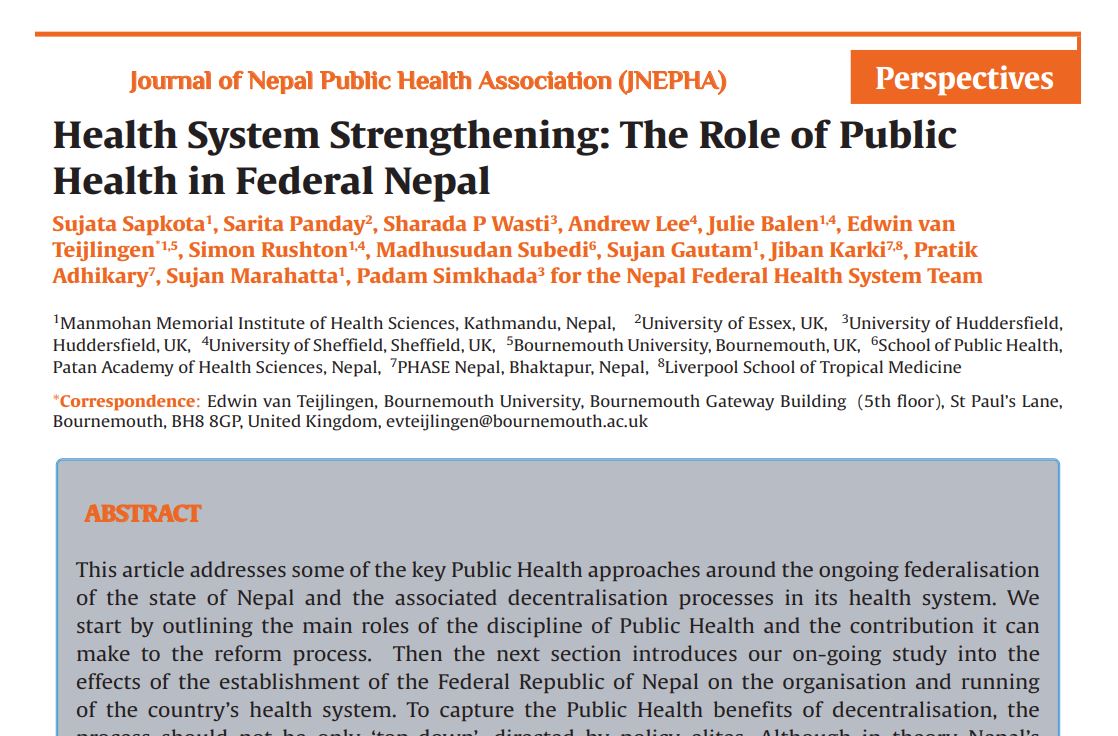
 Last we took a new step into the academic publishing by submitting a paper to Qeios. This Open Access journal publishes papers for free, more or less immediately and after the paper has appeared online peer-reviewers are being invited. The paper ‘
Last we took a new step into the academic publishing by submitting a paper to Qeios. This Open Access journal publishes papers for free, more or less immediately and after the paper has appeared online peer-reviewers are being invited. The paper ‘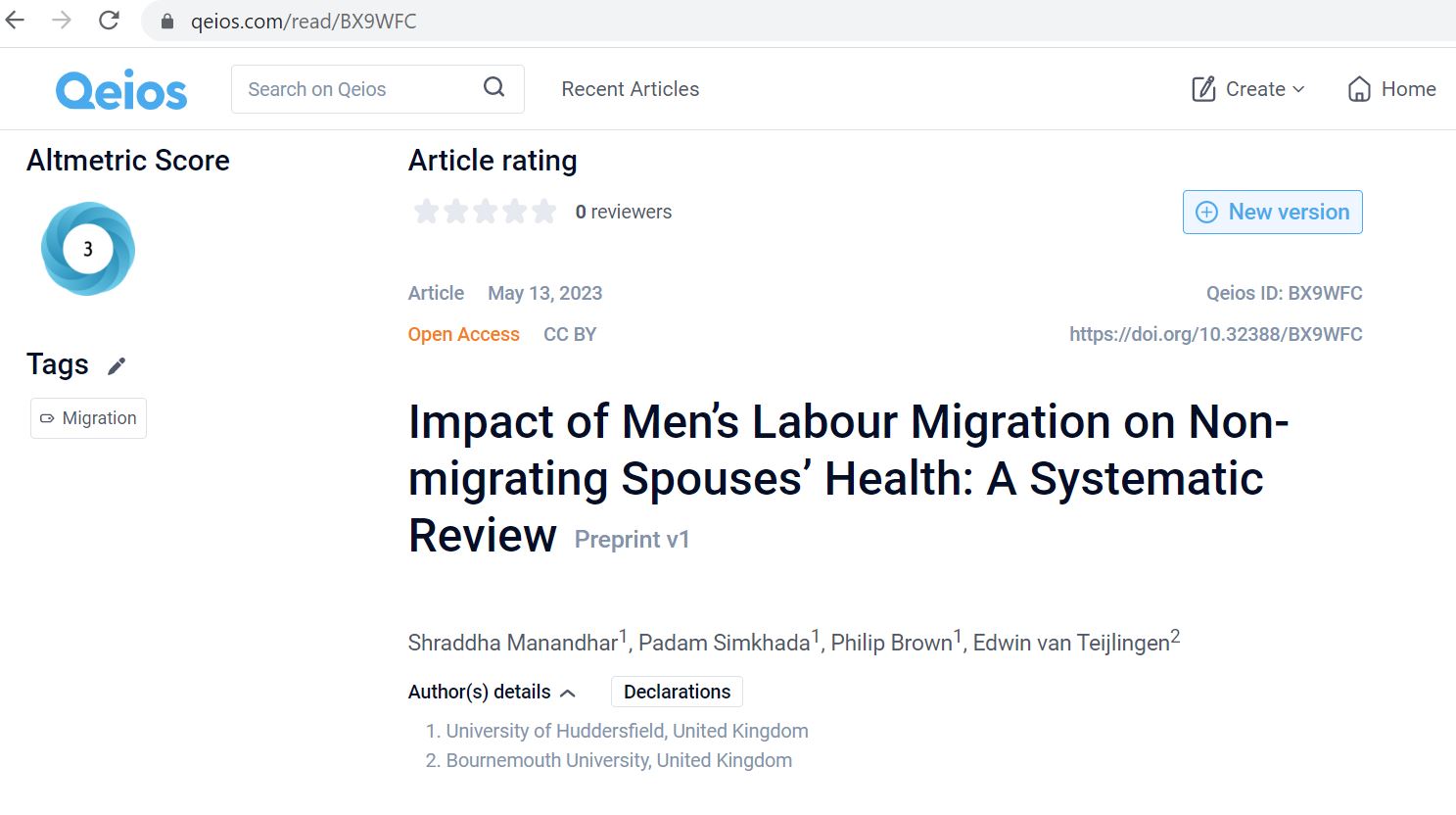

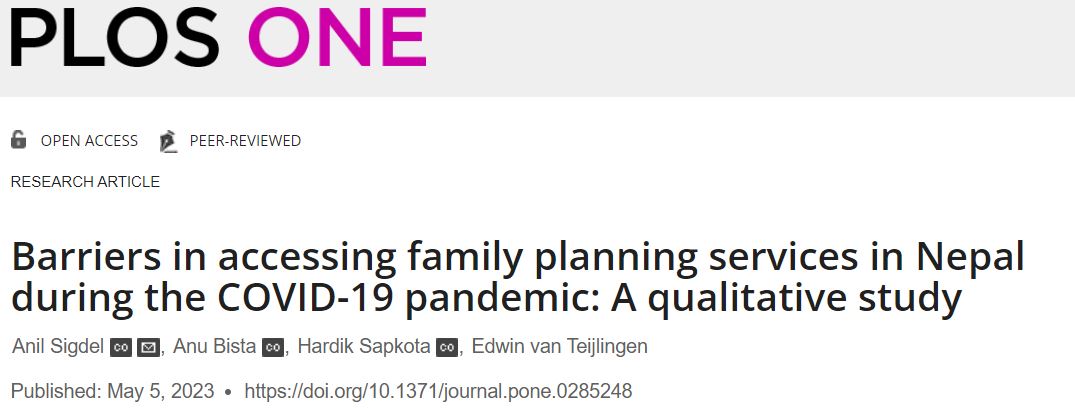

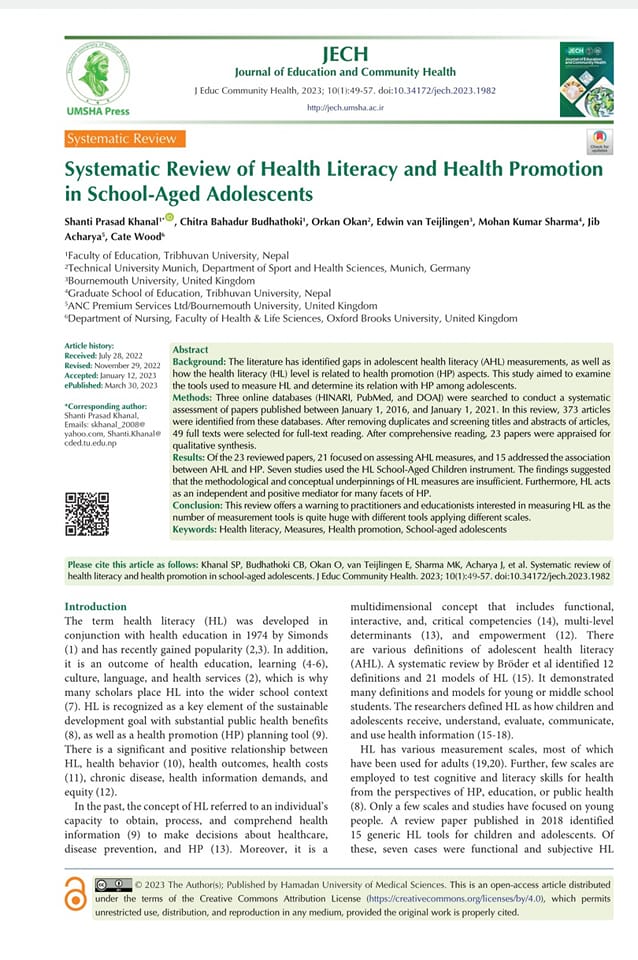











 Beyond Academia: Exploring Career Options for Early Career Researchers – Online Workshop
Beyond Academia: Exploring Career Options for Early Career Researchers – Online Workshop UKCGE Recognised Research Supervision Programme: Deadline Approaching
UKCGE Recognised Research Supervision Programme: Deadline Approaching SPROUT: From Sustainable Research to Sustainable Research Lives
SPROUT: From Sustainable Research to Sustainable Research Lives BRIAN upgrade and new look
BRIAN upgrade and new look Seeing the fruits of your labour in Bangladesh
Seeing the fruits of your labour in Bangladesh ECR Funding Open Call: Research Culture & Community Grant – Apply now
ECR Funding Open Call: Research Culture & Community Grant – Apply now ECR Funding Open Call: Research Culture & Community Grant – Application Deadline Friday 12 December
ECR Funding Open Call: Research Culture & Community Grant – Application Deadline Friday 12 December MSCA Postdoctoral Fellowships 2025 Call
MSCA Postdoctoral Fellowships 2025 Call ERC Advanced Grant 2025 Webinar
ERC Advanced Grant 2025 Webinar Update on UKRO services
Update on UKRO services European research project exploring use of ‘virtual twins’ to better manage metabolic associated fatty liver disease
European research project exploring use of ‘virtual twins’ to better manage metabolic associated fatty liver disease